News
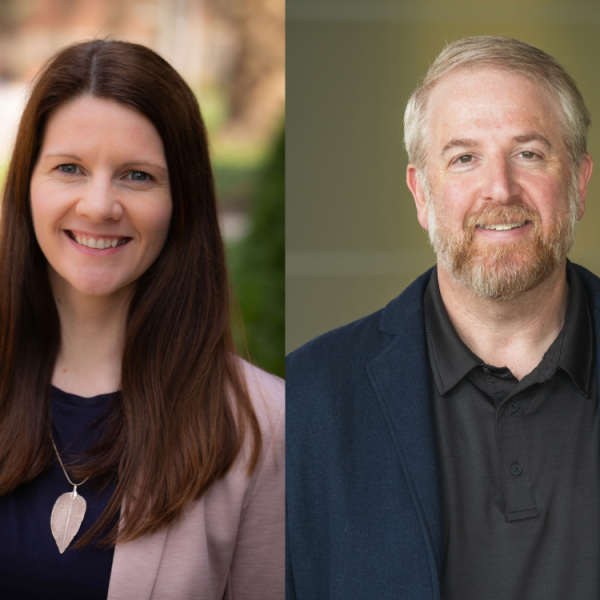
Jul 22, 2025
$2.6M NIH grant to fund new microbiome sciences training program at Penn State
The internationally recognized One Health Microbiome Center (OHMC) in the Huck Institutes of the Life Sciences at Penn State is the recipient of a new National Institutes of Health (NIH) grant to train doctoral students in biotechnological innovation, industry advancements and interdisciplinary microbiome research.
Full Article

Jul 22, 2025
National foundation grant to support study on amphibian health at Penn State
Research in Penn State’s College of Agricultural Sciences aimed at helping amphibians fight fungal disease by strengthening their natural defenses has received a $120,000 grant from the Morris Animal Foundation, a national nonprofit dedicated to advancing animal health through scientific research.
Full Article
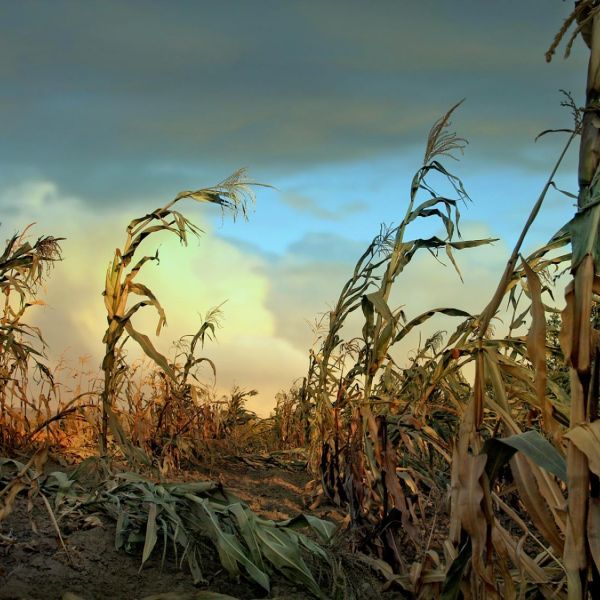
Jul 21, 2025
Simulating the unthinkable: Models show nuclear winter food production plunge
A team led by researchers at Penn State have modeled precisely how various nuclear winter scenarios could impact global production of corn — the most widely planted grain crop in the world.
Full Article
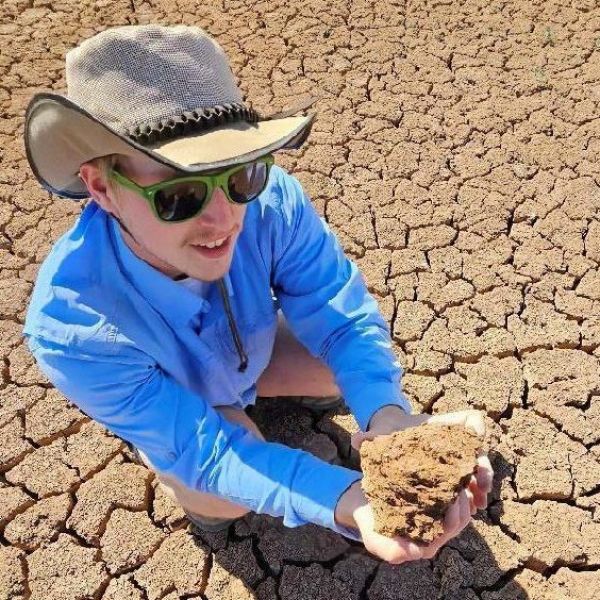
Jul 17, 2025
College of Ag Sciences grant program supports student learning, experiences
A grant program in Penn State’s College of Agricultural Sciences aims to enhance student learning by empowering faculty and students to design immersive, hands-on projects that bridge classroom knowledge with real-world partnerships.
Full Article
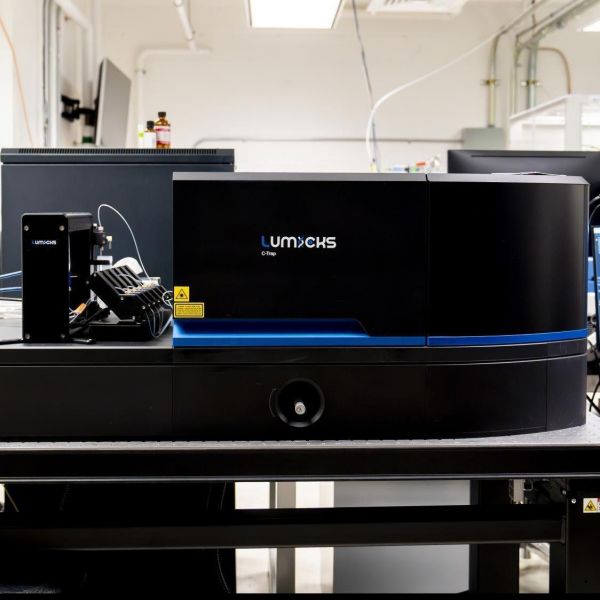
Jul 16, 2025
Optical tweezers help elevate single-molecule research at Penn State
The instrument, supported by a new NIH infrastructure grant, uses laser light to ‘tweeze’ tiny objects like DNA molecules and proteins.
Full Article
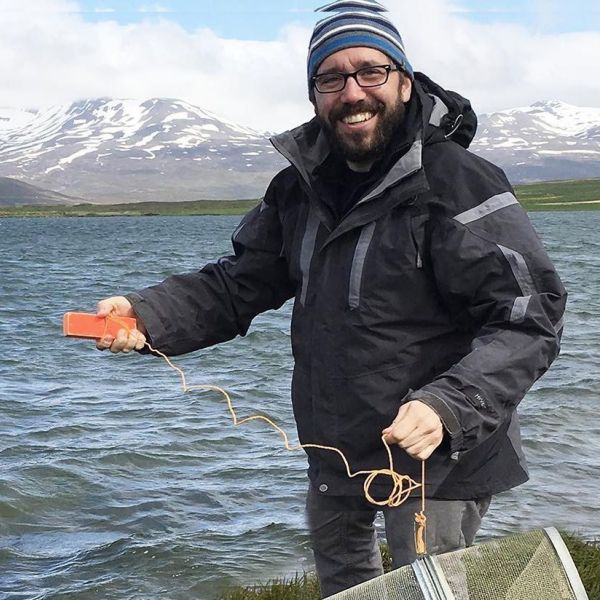
Jul 07, 2025
‘Scialog’ grant to study how rising ocean temperatures affect fish behavior
A wildlife behavioral ecologist at Penn State is part of a multi-institution team that received funding from Scialog: Neurobiology and Changing Ecosystems, a international three-year initiative that aims to spark new science exploring neurobiological responses to rapidly changing environments.
Full Article
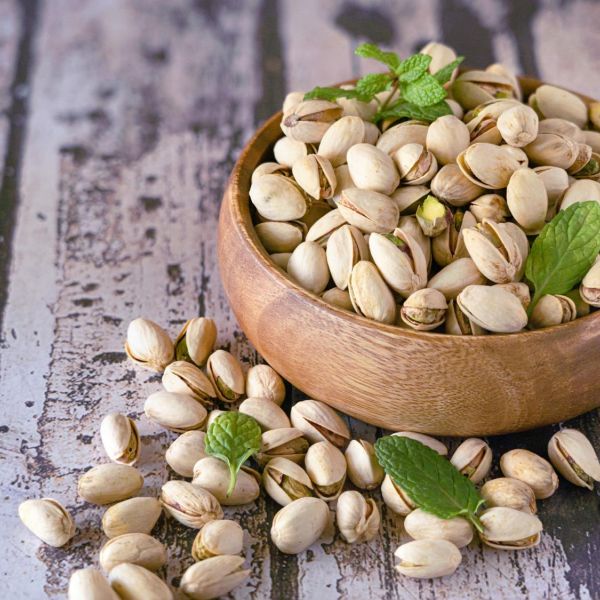
Jul 07, 2025
Nighttime pistachio snacking may reshape gut microbiome in prediabetic adults
Eating pistachios every night for 12 weeks altered bacteria in the gut, according to new study.
Full Article
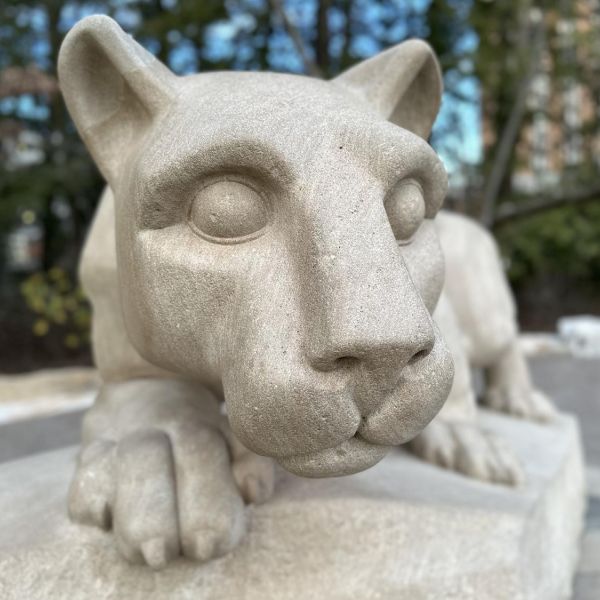
Jul 07, 2025
Four selected for inaugural Next-Gen Innovators Fellowship at Penn State
Four emerging leaders in science and innovation have been selected as the inaugural fellows in Penn State’s Next-Gen Innovators Fellowship program, an initiative designed to close critical training gaps in research translation and technology commercialization.
Full Article
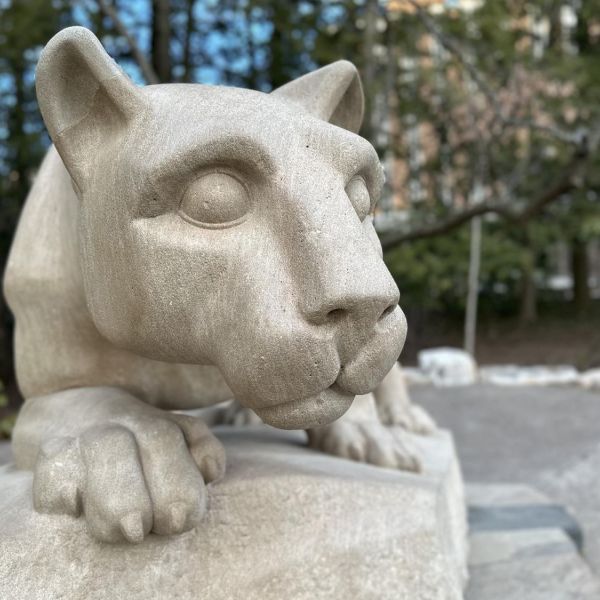
Jul 02, 2025
Eight graduate students receive U.S. National Science Foundation fellowships
Eight Penn State graduate students received U.S. National Science Foundation (NSF) Graduate Research Fellowships for the 2025-26 academic year.
Full Article
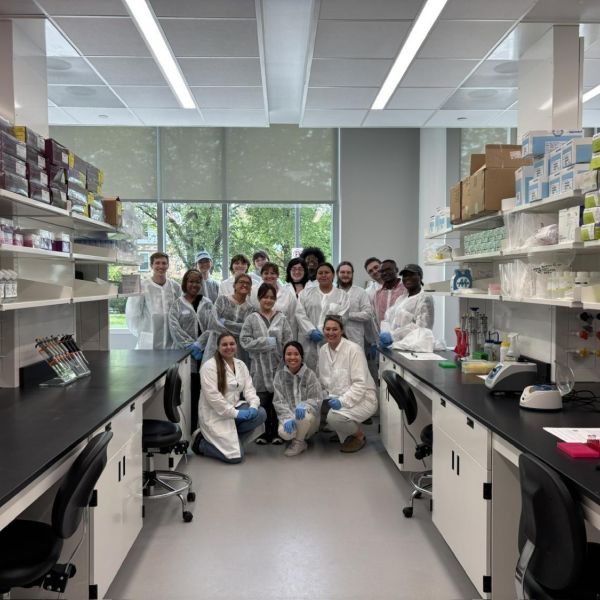
Jul 01, 2025
ARISE program provides hands-on training to aspiring anthropologists
A talented group of aspiring anthropologists recently traveled to Penn State to take part in the Department of Anthropology’s annual ARISE program.
Full Article